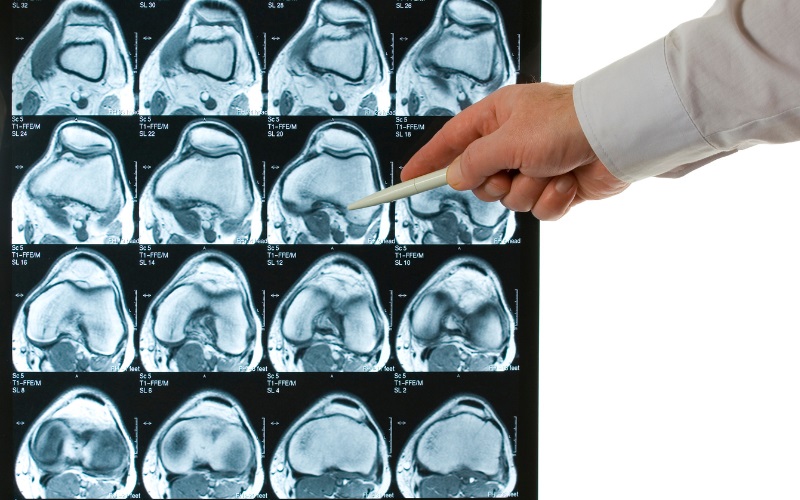Knee specialists are necessary for diagnosing and treating diverse knee-related problems, such as knee cartilage damage, ACL reconstruction, knee arthritis, and Achilles tendon discomfort. Their knowledge guarantees suitable care, enhancing the overall well-being of patients.
Discover how knee specialists in Singapore address these various knee conditions, allowing patients to get a preview of their treatment before it happens.
Addressing Knee Cartilage Damage
Knee cartilage damage is a common issue resulting from injury or degenerative conditions. The knee cartilage is a cushion between the bones, allowing seamless movement. Damage to this cartilage can lead to pain, swelling, and reduced mobility.
1. Diagnosis: A knee specialist will typically use imaging techniques such as MRI or X-rays to assess the extent of cartilage damage. Physical examinations and patient history are also essential for a comprehensive diagnosis.
2. Treatment Options:
- Conservative Management: This includes physical therapy, weight management, and the use of non-steroidal anti-inflammatory drugs (NSAIDs) to manage symptoms.
- Surgical Interventions: Arthroscopic surgery may be recommended to remove or repair damaged cartilage. In severe cases, cartilage transplantation or knee replacement surgery might be necessary.
ACL Reconstruction
The anterior cruciate ligament (ACL) is critical for knee stability. ACL injuries are common in sports and can significantly impact mobility.
1. Diagnosis: ACL injuries are diagnosed through physical exams and confirmed with MRI scans. The Lachman test and pivot-shift test are commonly used by knee specialists to assess the ACL’s integrity.
2. Surgical Treatment:
- Procedure: ACL reconstruction involves replacing the torn ligament with a graft, which can be taken from the patient’s own body (autograft) or from a donor (allograft).
- Recovery: Post-surgery, rehabilitation is essential. A structured physical therapy program helps restore strength and mobility, with recovery typically taking six to nine months.
Managing Arthritis in the Knee
Arthritis in the knee is a degenerative condition that causes joint pain and stiffness. Osteoarthritis is the typical form affecting the knee.
1. Diagnosis: Evaluation involves clinical testing, patient history, and imaging tests like X-rays or MRI to assess the severity of joint damage.
2. Treatment Strategies:
- Non-Surgical Approaches: These include lifestyle modifications, physical therapy, medications (NSAIDs, corticosteroids), and intra-articular injections (hyaluronic acid, platelet-rich plasma).
- Surgical Interventions: In severe cases, knee arthroscopy, osteotomy, or knee replacement surgery may be necessary.
Treating Achilles Tendon Ache
Achilles tendon ache is often caused by overuse, injury, or tendonitis. This condition can cause significant discomfort and impede daily activities.
1. Diagnosis: A knee specialist will conduct a physical examination and may use ultrasound or MRI to evaluate the tendon’s condition.
2. Treatment Approaches:
- Conservative Treatments: Rest, ice application, compression, elevation (RICE), and the use of orthotic devices can help manage symptoms. Physical therapy focusing on stretching and strengthening exercises is also beneficial.
- Surgical Options: If conservative treatments fail, surgical intervention may be required to repair or reconstruct the damaged tendon.
The Role of a Knee Specialist in Singapore
Knee specialists have the training and facilities to address these conditions properly.
1. Comprehensive Diagnosis: They use diagnostic tools and techniques to diagnose knee and Achilles tendon conditions.
2. Personalised Treatment Plans: Knee specialists also offer tailored treatment plans based on each patient’s needs and conditions. This approach ensures ideal outcomes and proper management of knee and tendon issues.
3. Rehabilitation and Follow-up: Suitable rehabilitation programs and regular follow-ups are integral to the treatment process, ensuring patients regain function and prevent the recurrence of these issues.
Conclusion
Knee specialists are necessary to treat knee cartilage damage, ACL reconstruction, knee arthritis, and Achilles tendon pain. By offering proper diagnoses, customised treatment strategies, and detailed rehabilitation programs, they assist individuals in attaining enhanced results and sustaining a dynamic way of life. Knee specialists in Singapore also employ a patient-focused methodology to deliver suitable treatment for these ailments.
Visit Auspicium Orthopaedic Centre, and let us help you regain mobility, reduce pain, and enhance your overall knee health.

